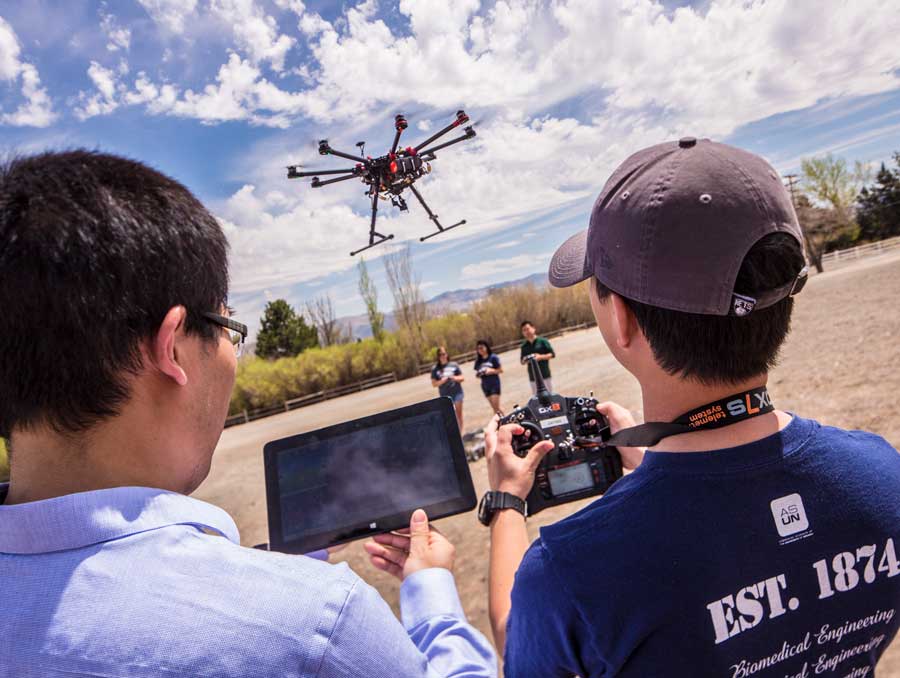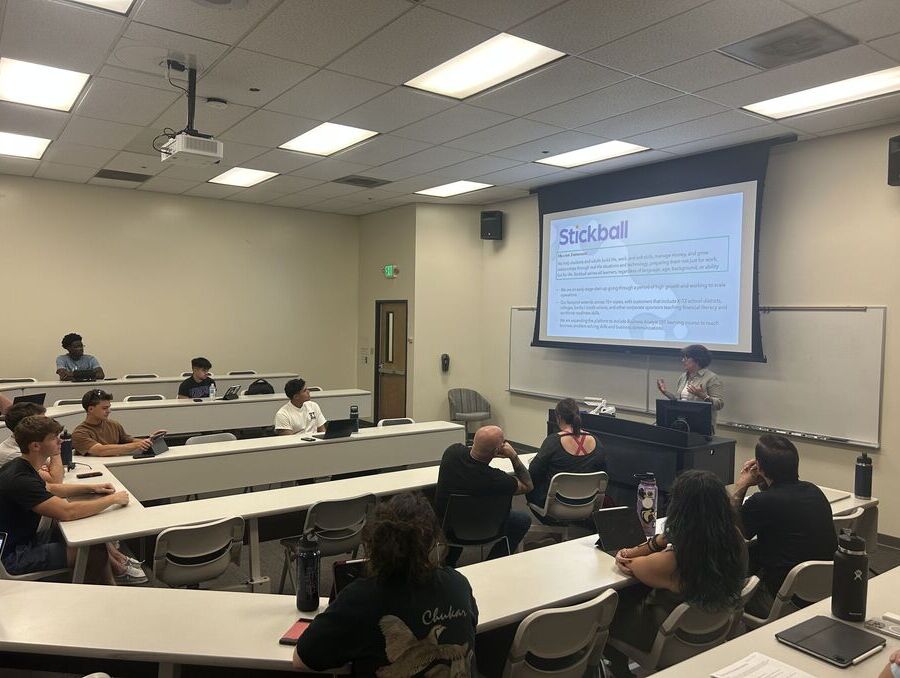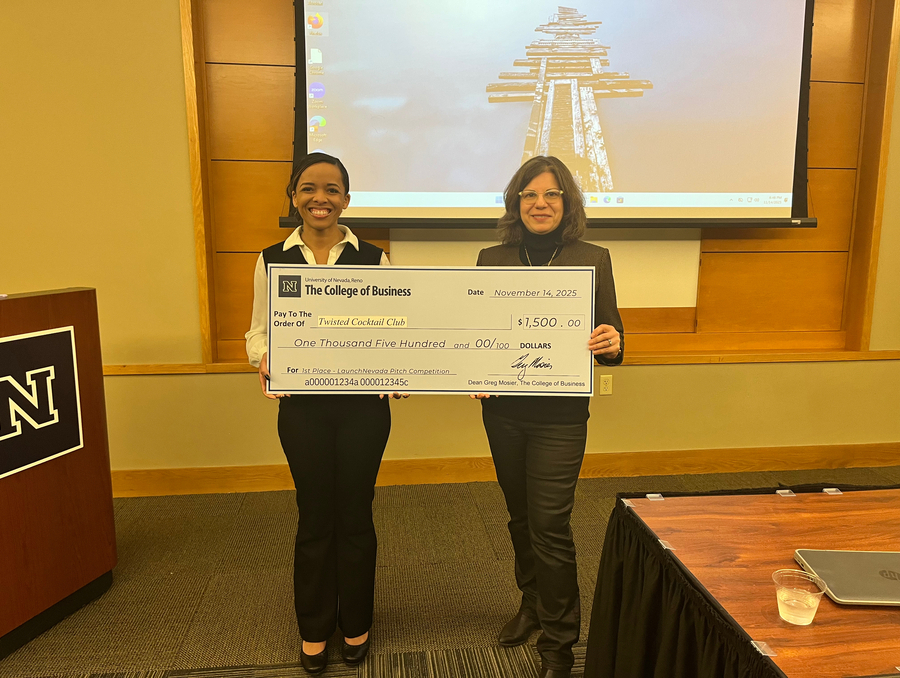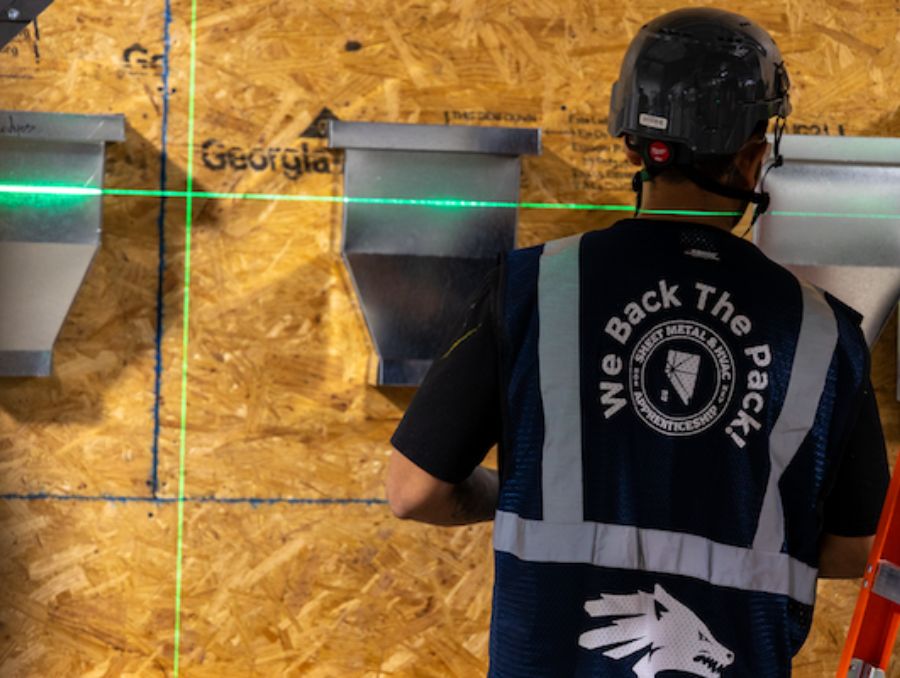The state of Nevada has long had a thriving aerospace industry, and now the University of Nevada, Reno has an aerospace engineering program that can provide educated employees and research and development partnership to that industry.
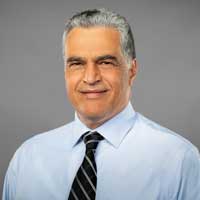
The program will be led by Petros Voulgaris, Founding Aerospace Engineering Program Director and Victor LaMar Lockhart Professor, who will join the Mechanical Engineering Department in January 2020.
“At this stage in my career I felt it will be exciting to challenge myself in assuming a leadership role to build from ground zero a new academic program in aerospace,” Voulgaris said. “The University of Nevada, Reno presented such an interesting opportunity from several angles and gave me a very positive impression about its commitment to start the program. Also, there is great growth in the area of the aerospace industry, and so there is high promise for a successful aerospace engineering program.”
The program’s goal is to support the region’s well-established and startup aerospace industries and attract companies from other locations by producing well-trained employees and interns and developing research programs in aerospace engineering.
“I am very pleased to welcome Dr. Voulgaris to the College of Engineering,” said Manos Maragakis, dean of the College of Engineering. “He comes to us from the world-renowned aerospace engineering program at the University of Illinois at Urbana-Champaign, and his extensive expertise in aerospace engineering make him an excellent choice to lead our new program. We look forward to serving Nevada’s growing aerospace industry through our programs in aerospace engineering.”
Program to support Nevada's aerospace industry
Nevada, which is home to Nellis and Creech Air Force Bases, as well as Naval Air Station Fallon, has played an important role in developing security technologies since World War II. In 2013, the Federal Aviation Administration designated the state as a UAS test site, which encouraged research to integrate autonomous systems into the nation’s airspace.
That same year, in response to growing industry demand, the College of Engineering launched a minor in unmanned autonomous systems. And thanks to new research opportunities opened up by Nevada’s test site designation, the College has hired a number of faculty in recent years with expertise in aerial robotics and aerial systems, putting the pieces in place to develop a dedicated aerospace engineering program to be housed in the mechanical engineering department.
“Mechanical and aerospace engineering are closely related fields,” said Mechanical Engineering Chair Miles Greiner. “Both require courses in solid mechanics, thermal/fluid science, system dynamics and controls, design and experimentation, as well as electrical, materials and computer engineering topics. This significant overlap is one reason there are a large number of combined mechanical and aerospace engineering departments at universities within and outside the United States. The ME department believes that it will provide a sound foundation for a new AE program, and the program will have a healthy enrollment.”
The department plans to create degree programs in aerospace engineering and eventually change its name to Mechanical and Aerospace Engineering. Over the next several years, the department plans to hire a number of faculty to create new classes and establish aerospace engineering research programs. According to Voulgaris, the program will start with a minor in aerospace engineering, hopefully beginning next fall, with a bachelor’s degree and graduate degree programs in aerospace engineering soon to follow. For Voulgaris, a high priority will be hiring the new faculty who will teach new aerospace engineering courses and develop related research programs.
“I believe that faculty candidates will be very attracted to the University of Nevada, Reno, and I plan to put most of my effort in trying to hire highly qualified AE applicants,” he said. “With the simultaneous development of suitable lab spaces for the new hires, I envision that an ABET accredited program can be in place in the next five to six years.”
Aerospace program will emphasize interdisciplinary research
Voulgaris also sees promising possibilities for interdisciplinary research collaborations within the mechanical engineering department and around the College of Engineering.
“FAA’s designation of Nevada as a UAS test site is an example of an opportunity that is conducive to interdisciplinary research,” Voulgaris said. “You need to design and manufacture such systems, aerodynamically test, develop control algorithms and software, check for security and safety, etc. All of this can involve mechanical, aerospace and computer science faculty. The existence of a UAS minor fits well into the overall scheme of an interdisciplinary approach to education, which also leads to AE-related research.”
Voulgaris brings 28 years of experience as a faculty member and researcher in aerospace engineering to the job. His research focuses on the control and coordination of dynamical systems with an emphasis on aerospace applications. Of particular interest to Voulgaris are autonomous UAVs that can perform numerous coordinated tasks related to surveillance, fire protection, defense or transportation.
“A significant aspect of my work is centered on the efficiency and security of these multi-agent systems,” Voulgaris said. “The cyber-physical nature of these applications makes it necessary to have, on top of system efficiency, effective failure/malicious attack detection and recovery to safety mechanisms. The analysis and synthesis for resiliency and high performance in such systems are extremely challenging problems. New developments in AI and machine learning can provide some partial solutions but lots remains to be done.”
